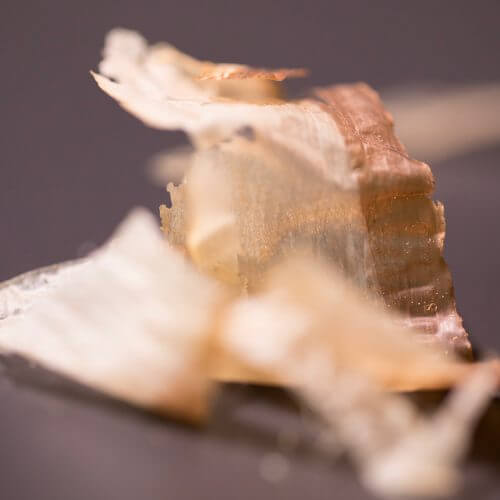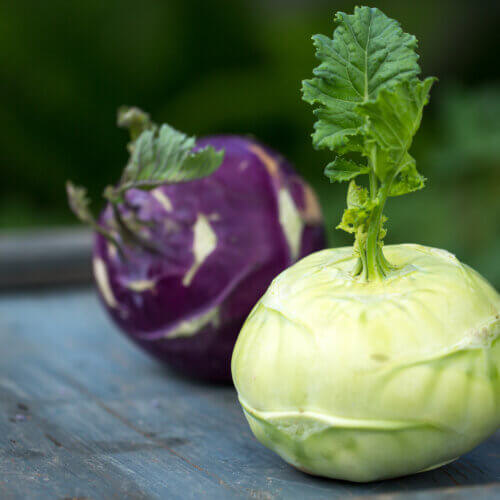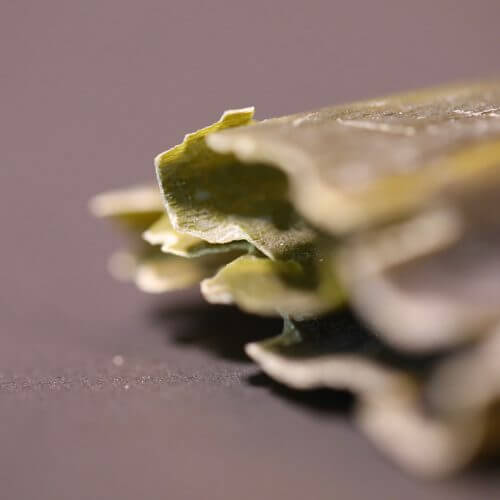This vegetable has had a lot of good press in the last year, claiming that it is THE superfood to eat, drink and even snort on a regular basis. Kale leaves are very tasty but, as with everything, moderation is advised. If you suffer from hypothyroidism, a high intake of raw cruciferous vegetables is actually going to work against your thyroid. Also worth noting is that the densely curled leaves makes kale difficult to clean and more likely to contain remnants of soil and harmful substances (it used to be in the EWG’s ‘dirty dozen’ for pesticide residue). The importance of this depends on how much kale you intend to eat, but the solution is simply to buy organic which, frankly, we would recommend anyway. Kale is a member of the cabbage family, low in calories and famously versatile. It is also rich in nutrients, mineral and contains an abundance of vitamins, particularly A, C and K. It is also a great source of folic acid, calcium, fibre and protein. Kale is a useful ingredient when added to smoothies, juiced, into salads, soups or prepared as a delicious side dish (e.g. steamed, then fried in a little oil with lots of garlic and served with a handful of chopped pecans).



